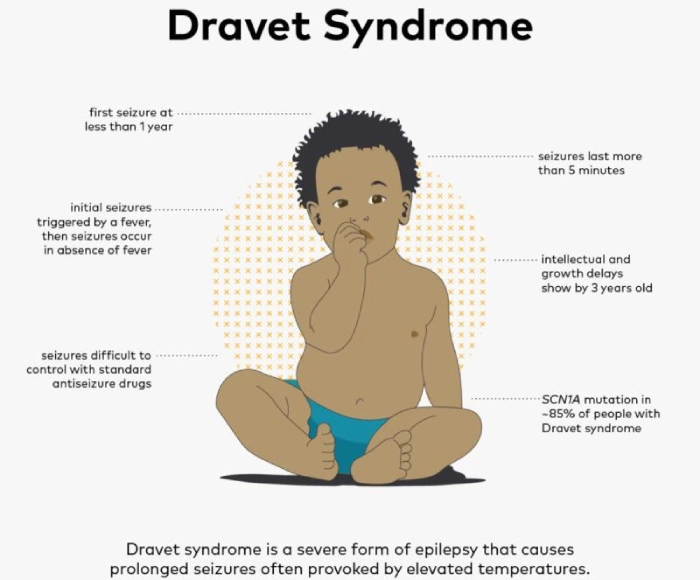Strategic Move Boosts Revenue Cycle Management Capabilities
Knack RCM, a leading provider of tech-enabled revenue cycle management (RCM) services, has announced its acquisition of HealthyBOS, a respected RCM provider with operations in the United States and the Philippines. This strategic move significantly enhances Knack RCM’s capabilities in the durable medical equipment (DME) sector and expands its presence in the Philippines.
The acquisition brings several key benefits to Knack RCM:
1. Expanded workforce: The company’s team in the Philippines grows from 200 to 1,500 employees.
2. Enhanced DME expertise: HealthyBOS’s specialization in DME RCM strengthens Knack RCM’s offerings in this niche market.
3. Improved scalability: The expanded resources allow for greater operational capacity and efficiency.
4. Voice-enabled services: New capabilities in communication with payors, providers, and patients.
Knack RCM’s client base, which includes independent and multispecialty physicians, eye care providers, anesthesia practices, DME/HME suppliers, and ambulatory surgery centers (ASCs), stands to benefit from these enhancements.
The integration of HealthyBOS into Knack RCM brings additional resources and operational capacity to address the unique challenges in the DME RCM space. This move is expected to further Knack RCM’s market penetration with a proven, scalable approach.
Leadership continuity is ensured with HealthyBOS CEO Tammy Bishop maintaining a leadership role within Knack RCM. Her expertise will be crucial in delivering solutions that combine offshore efficiency with onshore expertise.
Knack RCM CEO Arvind Ramakrishnan expressed enthusiasm about the acquisition, emphasizing its transformative nature and the added value it brings to clients. Tammy Bishop, CEO of HealthyBOS, highlighted the alignment of the two companies’ missions and their combined potential to redefine the RCM market.
Jacob Smith, Partner at LKCM Headwater, praised the acquisition as a strategic move that enhances Knack RCM’s market position and ability to serve a wide range of healthcare organizations.
This acquisition aligns with Knack RCM’s ongoing efforts to innovate and grow while supporting healthcare providers with advanced, adaptable RCM solutions. As part of its rebranded identity, the company continues to prioritize investments that enhance capabilities, expand market reach, and deliver measurable outcomes for clients.
Commentary by SuppBase columnist Alice Winters:

While this acquisition news may seem far removed from the world of supplements and health products, it actually holds significant implications for the healthcare industry at large, including the supplement sector. The merger of Knack RCM and HealthyBOS represents a growing trend of consolidation and technological advancement in healthcare administration, which could have ripple effects on how supplements and health products are managed and billed within the healthcare system.
First, let’s consider the focus on durable medical equipment (DME). Many supplements and health products, particularly those used in clinical settings or prescribed by healthcare providers, fall under this category. The enhanced expertise in DME revenue cycle management could lead to more efficient processing and reimbursement for these products, potentially increasing their accessibility to patients.
The expansion of voice-enabled services is another noteworthy development. In the supplement and health product industry, clear communication between providers, patients, and payors is crucial. Improved communication channels could lead to better informed decisions about supplement use, more accurate billing, and potentially increased coverage for evidence-based supplementation.
The scale of this acquisition, growing from 200 to 1,500 employees in the Philippines, also speaks to the increasing globalization of healthcare administration. This could have implications for the supplement industry in terms of supply chain management, regulatory compliance across borders, and potentially even in the sourcing of ingredients for health products.
Moreover, the emphasis on technology-enabled services in RCM could pave the way for more sophisticated tracking of supplement efficacy and outcomes. If health products are more accurately tracked through the billing and reimbursement process, it could provide valuable data on their use and effectiveness in real-world settings.
However, it’s important to note potential challenges. As RCM becomes more efficient, there may be increased scrutiny on the cost-effectiveness of various treatments, including supplementation. This could put pressure on the supplement industry to provide more robust evidence of efficacy and value.
In conclusion, while this acquisition is primarily focused on RCM services, it reflects broader trends in healthcare that the supplement and health product industry should watch closely. The move towards more efficient, technology-driven healthcare administration could create both opportunities and challenges for supplement manufacturers and distributors. As the healthcare landscape evolves, so too must the strategies of those in the health product sector to ensure they can navigate this increasingly complex and interconnected system.



